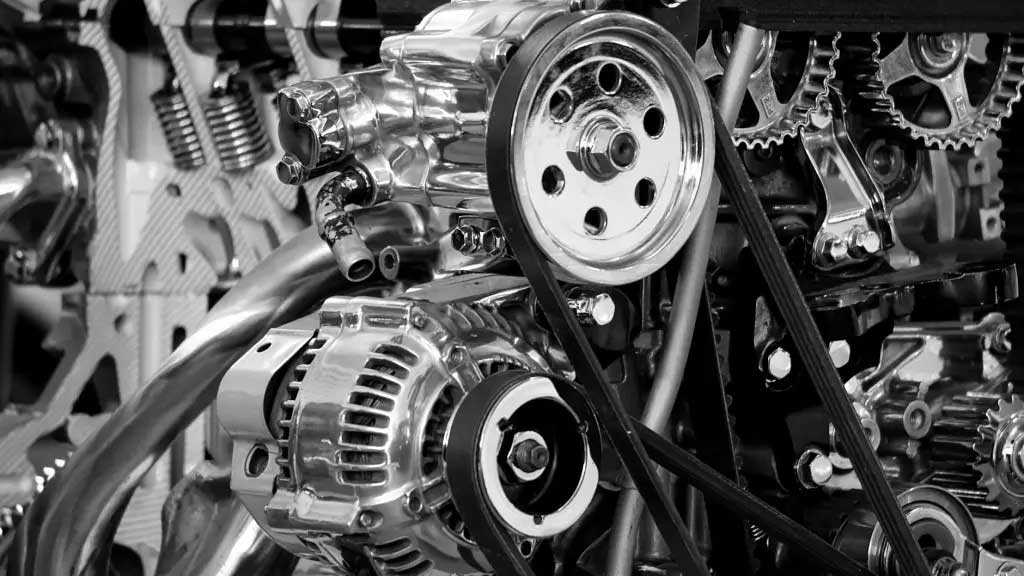It’s easier than ever to list a car for sale on the internet. This is great if your top priority is convenience, but it isn’t always easy to stay secure. Fraudsters have a platform to sell vehicles online, and some of the cars can be risky to purchase or even unsafe. Not all is necessarily what it seems when you look at a car listing on the internet, so what are some of the issues to look out for?
Common Red Flags When Buying a Used Car
Odometer fraud. This may remind you of something from the old days when people could literally wind back the odometer. There are still ways to make it look like the car has done a lot less miles than it has.
Title fraud often involves “washing” the titles. This means fraudulently creating documentation for a vehicle that really shouldn’t be on the road or has been stolen. The paper processes used by the DMV sometimes allow fraudsters the chance to do this.
If the car owner can’t provide details or there isn’t supporting documentation for the car, don’t buy it. You can protect yourself by searching for information about vehicle owner online to check the legitimacy of the car in question.
What Else can you Face?
A “lemon car”. This is a car that has significant defects. Some of these cars are even brand new, and there are laws that state the manufacturer has to buy the cars back from users. However, some people will look to quickly shift a lemon car by selling it on.
A junk car is a similar issue. Junk cars are often those that need significant repairs or have been monstrously and poorly rebuilt before someone tries to sell them to you. These cars will not last long, and they could be dangerous to drive.
Tips for Avoiding Scams When Buying a Car
There are multiple ways to avoid scams. Fortunately, there are car records kept so you can understand the risks and what the history of a car is.
Information Check by Official Methods
The local DMV will often have information on the vehicle. This means that you can request access to this information and check the legitimacy of the seller against what they are claiming. For example, if the vehicle has been taken of the road, it will be a big warning sign.
Information Checking by DIY Methods
You don’t have to rely on others for the checks, either.
You can check the vehicle’s history with a VIN lookup. A VIN is unique to a car and gives it a unique footprint and history. A VIN lets you find unique details about the vehicle in question and verify that it is as the seller claims.
Getting information or looking up car owner by license plate can also be very useful. This also lets you see how long the owner has had the car for and understand their reasons for selling. If the car has a long history of changing owners, it could be a bad sign. Likewise, if something doesn’t add up, such as a different owner being listed from the seller,.
Conclusion
There are many different methods that can be used to check the identity of a seller and try to verify that the vehicle is as advertised. Don’t take any chances. By being aware of the scams and knowing how to check the vehicle’s history, you can ensure that you don’t fall victim to one of the numerous car purchasing scams that are out there.











